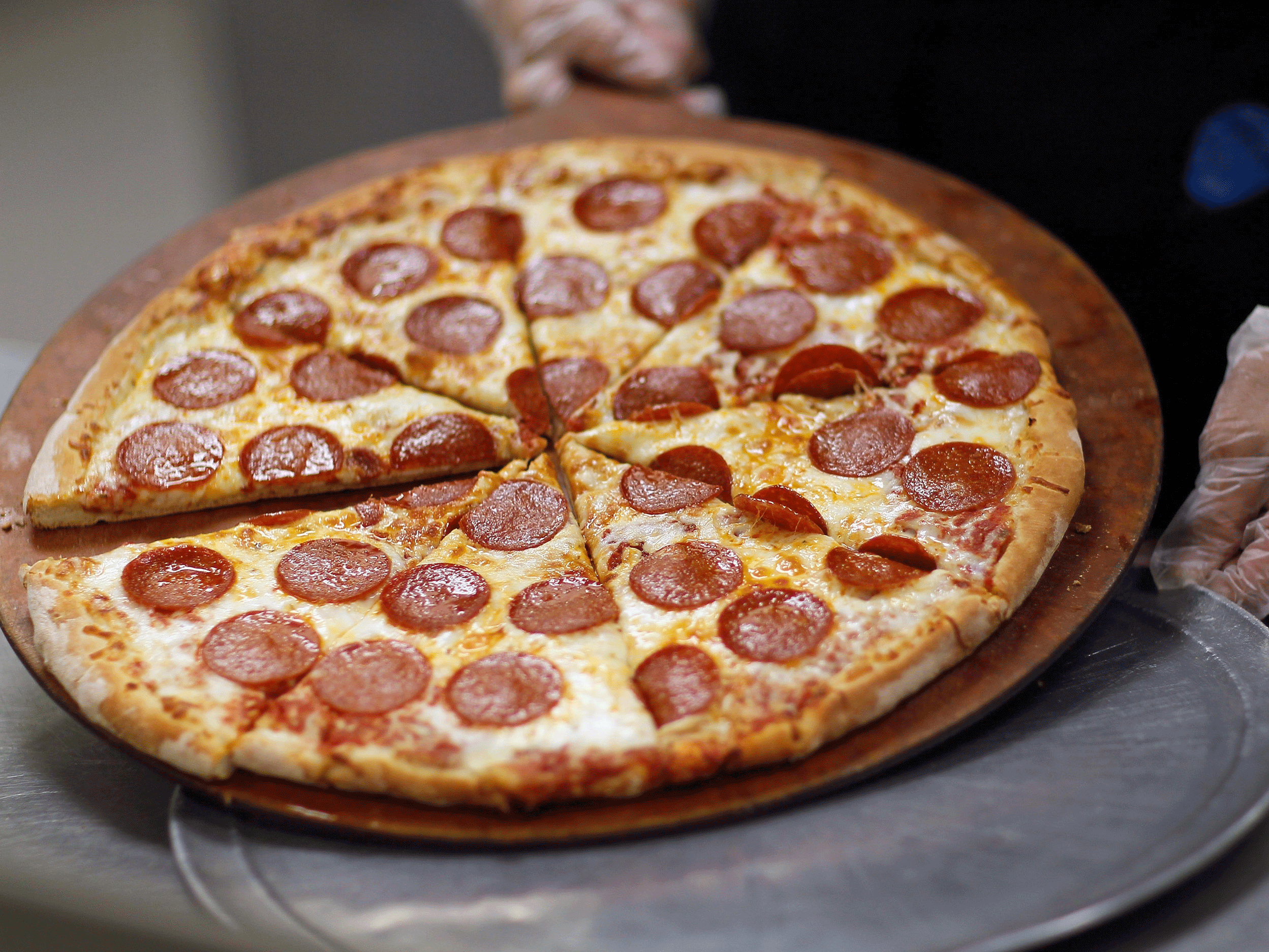Adults accept less food if they can 'gamble' for a reward, say scientists
The possibility of winning a prize is 'as exciting' as a mouthwatering pizza

Your support helps us to tell the story
From reproductive rights to climate change to Big Tech, The Independent is on the ground when the story is developing. Whether it's investigating the financials of Elon Musk's pro-Trump PAC or producing our latest documentary, 'The A Word', which shines a light on the American women fighting for reproductive rights, we know how important it is to parse out the facts from the messaging.
At such a critical moment in US history, we need reporters on the ground. Your donation allows us to keep sending journalists to speak to both sides of the story.
The Independent is trusted by Americans across the entire political spectrum. And unlike many other quality news outlets, we choose not to lock Americans out of our reporting and analysis with paywalls. We believe quality journalism should be available to everyone, paid for by those who can afford it.
Your support makes all the difference."Eat smaller portions" is probably a popular new year resolutions for those of us trying to achieve a slimmer waistline.
But placing greener, leaner vegetables in smaller bowls is unlikely to work as a long-term solution to overeating, according to a new study.
Instead, dieters need just as much reward and excitement as a child when it comes to accepting a less-than-indulgent plateful - starting with an additional "gift" to go with their smaller portion.
Researchers have found that offering a small incentive with a meal can consistently motivate adults and children to eat less food - and be happy about it.
In particular, adults wanted to substitute part of their meal for the mere prospect of winning money or a lottery ticket, even when it was not guaranteed they would win it.
Martin Reimann, assistant professor of marketing at the Eller College of Management at the University of Arizona, said the possibility of winning something was an "alternative source of happiness" to the food.
"The fact that participants were willing to substitute part of a tangible food item for the mere prospect of a relatively small monetary premium is intriguing," he said.
Functional magnetic resonance imaging was used to record the brain's response in adults as they made food and incentive choices.
According to the results, the brain responds to a small toy, gift card or lottery ticket in the same way it does to a mouth-watering burger or pizza.
Even when participants were hungry, they were still strongly motivated to choose less food for the promise of a gift - and they did not eat more calories later to make up for it.
They also responded with more excitement to an emotional but vague statement about winning (such as "You could win!") than to an accurate statement about the likelihood of winning (such as "You have a 1 in 5 chance of winning").
Professor Reimann likened the experience to gambling. "This emotional evocation is clearly present in gambling or sports contexts, where the uncertainty of winning provides added attraction and desirability through emotional 'rushes' and 'thrills'," he said.
Join our commenting forum
Join thought-provoking conversations, follow other Independent readers and see their replies
Comments